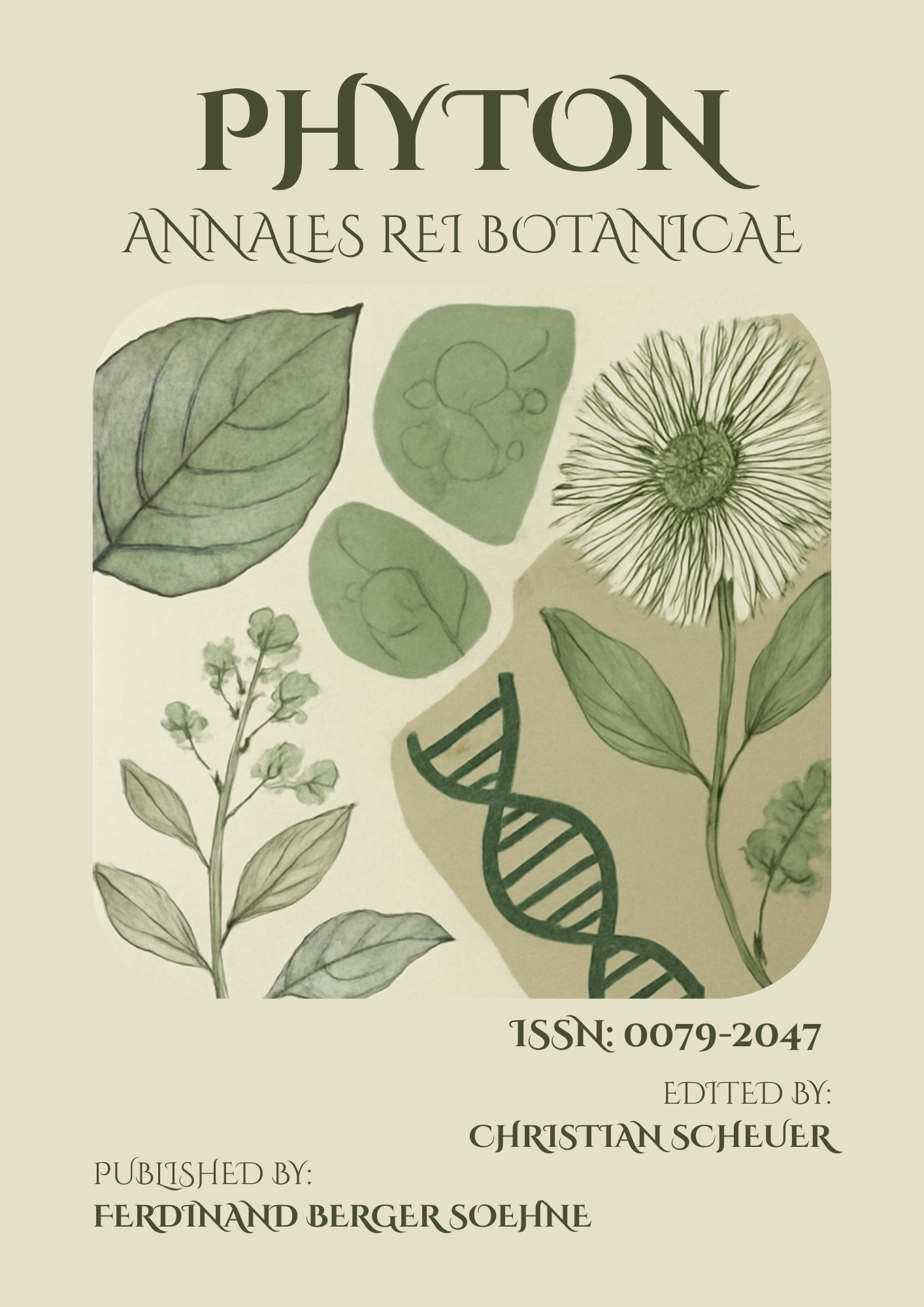Climate Change and Its Impact on Plant Pathogens in Korea: Emerging Threats to Agriculture
Keywords:
Climate Change, Plant Pathogens, Disease Management, Korea, Agricultural Sustainability, Rice BlastAbstract
Climate change is causing shifts in weather patterns that directly impact plant diseases, particularly in regions like Korea, where agriculture is a significant part of the economy. This paper examines the effects of climate change on plant pathogens, with a focus on new fungal, bacterial, and viral diseases emerging in response to warmer temperatures and altered precipitation patterns. The research reviews several major plant diseases in Korea, such as rice blast, cucumber mosaic virus, and late blight in potatoes, and discusses how these pathogens are evolving due to climate factors. The study finds that warmer temperatures have extended the growing seasons for many pathogens, allowing them to infect crops over a longer period. Additionally, increased humidity has exacerbated the spread of fungal diseases. The paper emphasizes the importance of integrating climate-smart plant pathology practices, such as early disease detection systems, genetic resistance, and integrated pest management (IPM), to mitigate the effects of climate change on crop health.
Published
How to Cite
Issue
Section
License
Copyright (c) 2023 PHYTON-ANNALES REI BOTANICAE

This work is licensed under a Creative Commons Attribution-NonCommercial-ShareAlike 4.0 International License.
This article is published under the terms of the Creative Commons Attribution-NonCommercial-ShareAlike 4.0 International License (CC BY-NC-SA 4.0). Readers may share and adapt the material for non-commercial purposes, provided appropriate credit is given and adaptations are shared under the same license.



